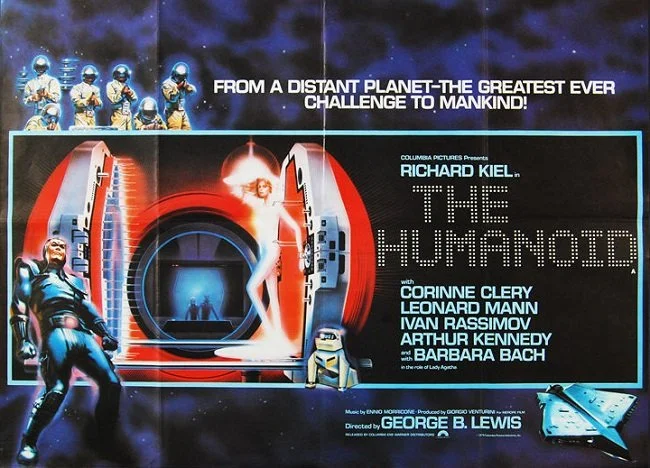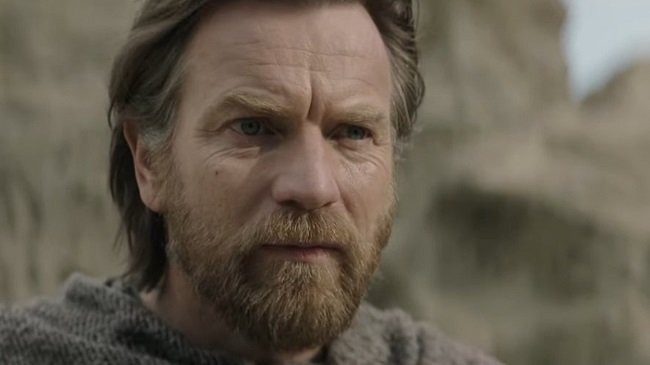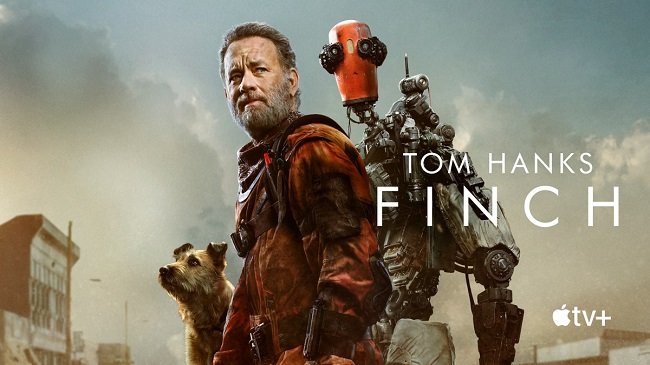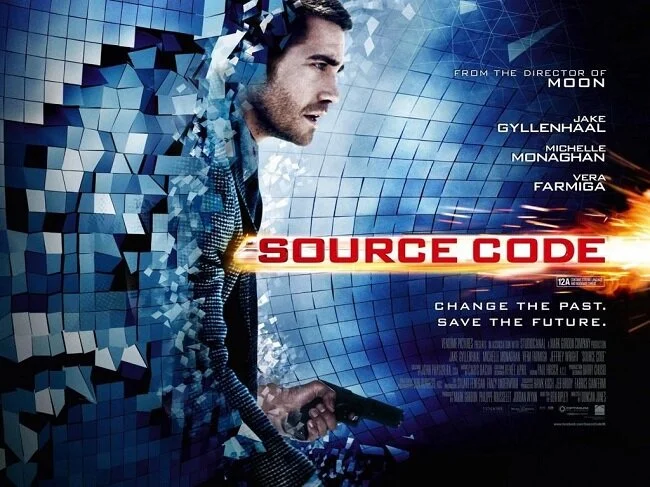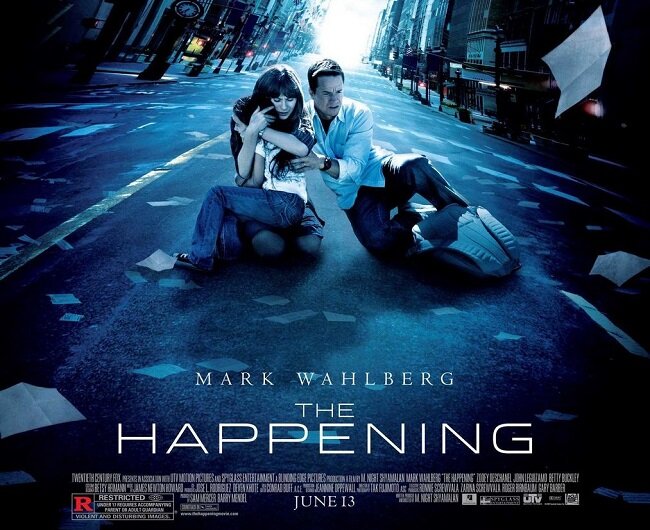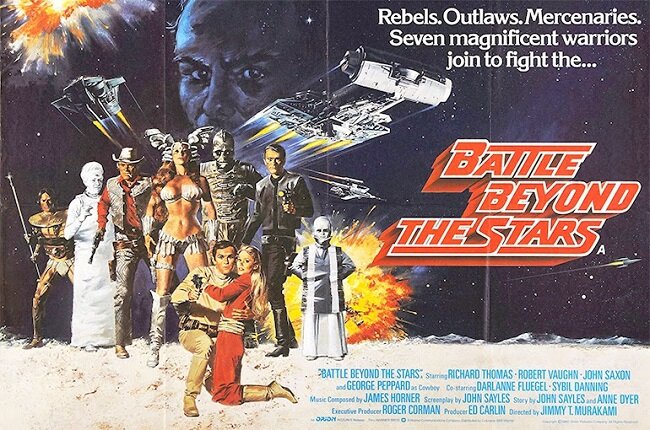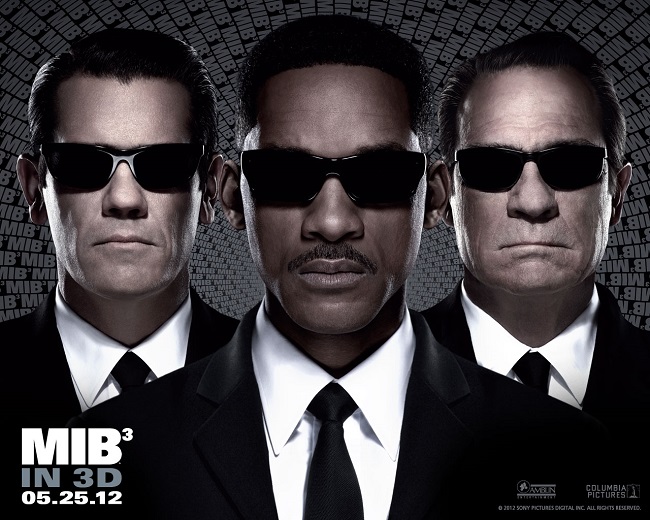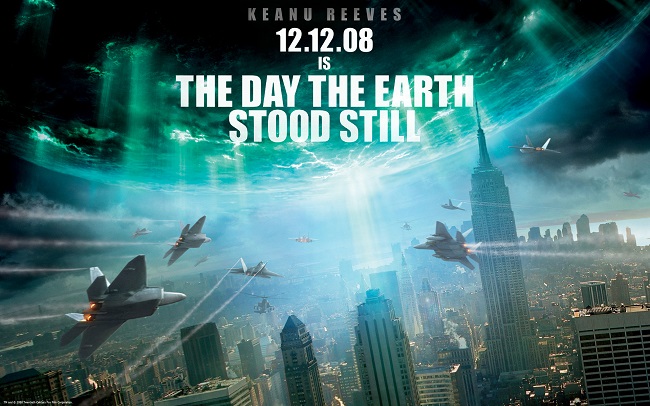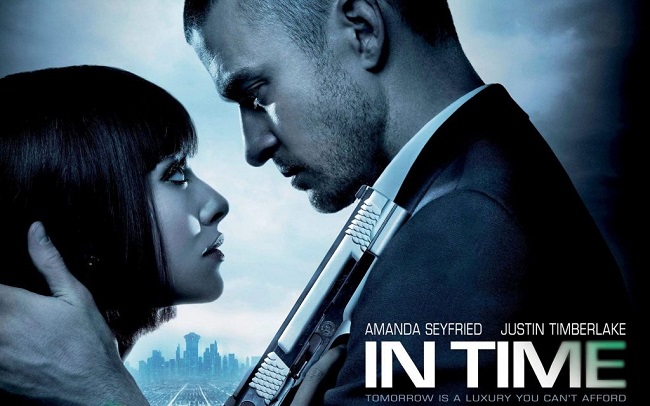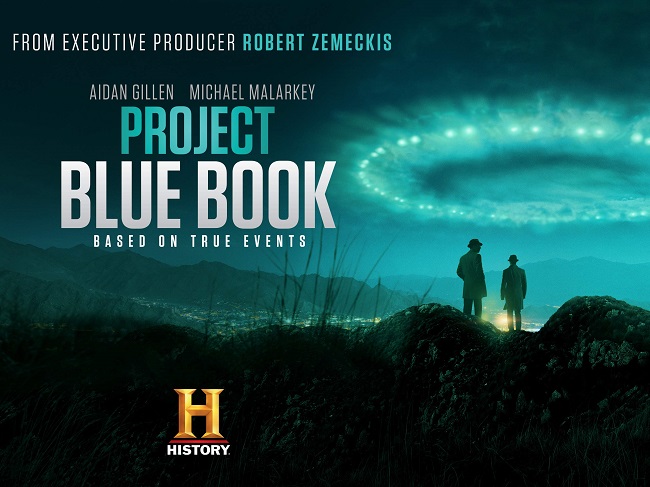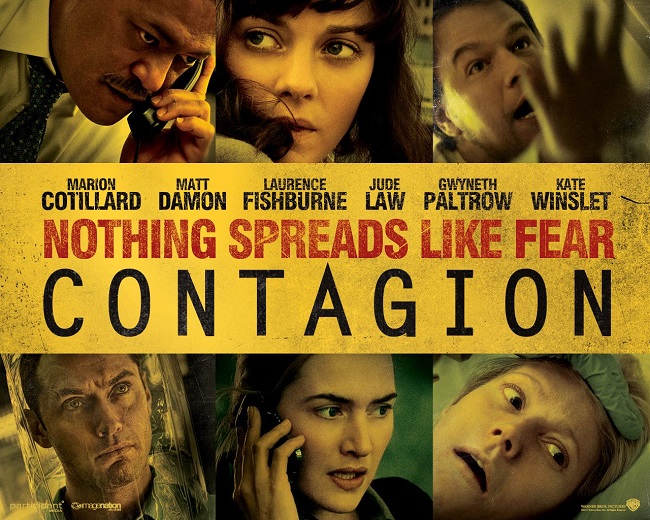Childhood's End (2015)
For anyone with a passing interest in literary science fiction, Arthur C. Clarke’s Childhood’s End is a seminal novel and considered an essential read. The story of humanity being shepherded into a utopian golden age by allegedly benevolent alien Overlords and the consequences it has upon society, was a radical departure from prevailing science fiction norms of the time. Over the years several film makers have expressed interest in adapting the story, but it has proven difficult to come to grips with. Stanley Kubrick initially wished to develop the novel but his subsequent collaboration with the author eventually lead to the making of 2001: A Space Odyssey. Since then there have been radio adaptations and audiobook versions, all of which seem to be a better medium for this episodic and contemplative tale. In late 2015 US cable and satellite channel Syfy broadcast a three-part miniseries based upon the 1953 story; something that past me by at the time. I recently caught up with this adaptation which seems to have provoked very mixed reactions among viewers. As ever, the controversy seems to stem from purists who favour a more slavish interpretation of the book.
Childhood’s End has been updated and embellished to suit the requirements of contemporary television. The cold war setting has been replaced with our modern era, along with all its associated political and corporate problems. The opening scenes of the Overlords spaceships arriving at all the world’s major cities is very reminiscent of Independence Day, which itself was derived from Clarke’s original novel. It’s a classic situation of art imitating art. But far from being a hostile invasion, the visitors signify their intent by lowering all air traffic from the skies. They subsequently contact key personnel via manifestations of their deceased loved one and explain how they are here to eliminate disease, war, hunger, and pollution, setting the stage for the "Golden Age of Humanity". Midwestern farmer, Ricky Stormgren (Mike Vogel) is chosen by the supervising alien, Karellen (Charles Dance), and becomes his spokesman and go-between and facilitate the forthcoming changes.
However, not everyone views the alien intervention in earthly affairs as a good thing. Vested interests resent their loss of power and influence. Media mogul Hugo Wainwright (Colm Meaney) secretly organizes a counter-group dubbed the Freedom League which uses social media to spread distrust about the Overlords. However the broader public, especially the poor and disenfranchised welcome the seismic societal changes. When Milo Rodericks, a disabled youth from a poor neighbourhood, is shot and killed by a drug dealer, the Overlords intervene killing the attacker. Not only do they resurrect Milo but they cure him of his ailments and restore his ability to walk. And while the rest of the world begins to question longstanding religious beliefs, Peretta Jones still maintains her views on a Higher Power and becomes committed to finding answers about the Overlords. Exactly why have they chosen to share so much with humanity and why do they choose not to reveal themselves directly to the world, acting instead through intermediaries.
Clarke’s book has three distinct phases to its narrative structure. The Earth and the Overlords, The Golden Age and The Last Generation. These are broadly used to as the basis of each of the three instalments of this miniseries. The first and possibly best episode deals with the arrival of the Overlords and the way humanity reacts to the situation. The second part focuses on how the Earth has become a utopia with an end to war, poverty and social injustice. Yet it is a society that some feel is culturally stagnating. Adversity is often the driving force of progress. And it is at this point that the story begins to reveal the Overlords agenda, although it would be more accurate to describe it as an agenda they are tasked with implementing. The sting in the tail is far more subtle than The Twilight Zone episode, To Serve Man. It is an act of cosmic social engineering in which a new generation of humans with clairvoyance and telekinetic powers are born, with the ultimate goal of joining the Overmind, a collective intelligence made up of numerous intergalactic species. The final part sees the literal ascendency of these new humans and the collapse of the earth society as the Overlords prepare to leave. The ending is stark and whether it is a triumph or a tragedy depends on your perspective.
Writer Matthew Graham tries hard to try and put some meat on the bones of the human characters, as Clarke’s book is very much one of ideas and concepts, rather than immaculately penned individuals. Dragging the black and white, Cold War setting of the source text, into the modern world is a difficult task. Despite the inclusion of modern social issues and politics, the human element in this adaptation is still a little stilted. Osy Ikhile plays the disabled boy Milo who grows to be the scientist that bears witness to the great transition. His role is a little more interesting than others who are essentially archetypes of different aspects of human society. There’s no denying that Charles Dance steals the show as the alien, yet ultimately paternal Karellen. He masters all of the subtle aspects of the iconic character that are found in the book. Despite the multitude of practical and CGI effects, his performance shines through. The handsome production design also offers some much-needed visual imagery to try and make the weighty plot more accessible to causal viewers.
Childhood's End, like the book is a somewhat dour undertaking. Despite its modern sense of style and slick presentation is still dealing in deep existential, philosophical themes. It’s refutation of religion and beliefs, along with its penchant for societal Darwinism on a global scale may not sit well with those viewers who are governed more by their feelings. Yet it does successfully capture the core themes and ideas of Clarke’s novel and tries to present them in a positive fashion. Although the miniseries never maintains the strengths of the first episode and subsequently tries to counter the science and philosophy with emotional character journeys, the overall strength of the Clarke’s vision is maintained. Despite the pyrrhic ending in which mankind as we know it is lost, the thematic requiem is tempered with the knowledge that some of our species have transcended the material and joined the Overmind. Such ideas were quite radical back in 1953 and remain so today, especially in light of the growth of the consumerism and individualism. Childhood's End is a flawed but worthy adaptation of a novel that is objectively hard to dramatise and humanise.




